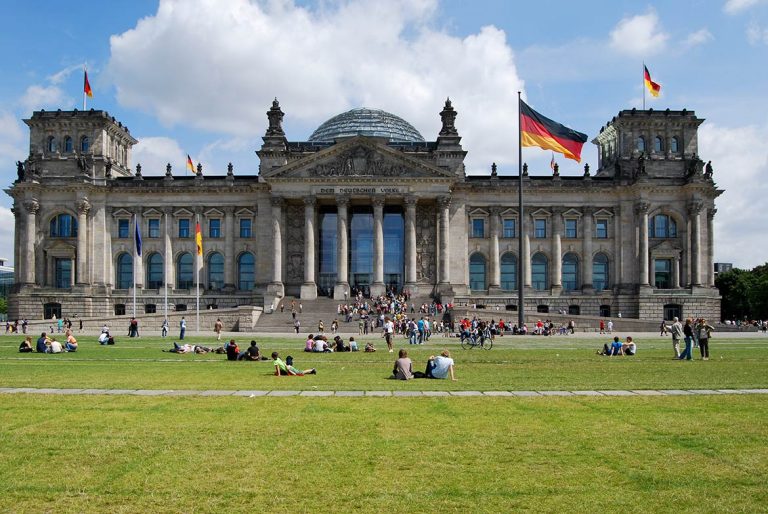
Feb 7, 2018
Orders, adjusted for seasonal swings and inflation, increased 3.8 percent after dropping a revised 0.1 percent in November, the Economy Ministry in Berlin said on Tuesday. The typically volatile reading compares with a median estimate for a 0.7 percent increase in a Bloomberg survey. Demand was up 7.2 percent from the previous year.
Germany’s economy is in the midst of an upturn — supported by strong domestic spending and booming global trade — and manufacturing has been at the pinnacle of the expansion. The sector’s strength helped the country’s largest union — representing some 3.9 million metalworkers and engineers — win a 4.3 percent pay increase over 27 months in a key state, plus additional one-time payments, and options to temporarily reduce working hours.
In the negotiations, IG Metall had argued workers deserve to be compensated for booming industrial earnings and demanded a 6 percent raise over 12 months.
Robert Bosch GmbH raked in record profit and revenue last year and foresees more growth in 2018, and Siemens AG said orders surged 14 percent in the final three months of 2017.
“Orders were extremely dynamic in the second half of 2017,” the Economy Ministry said. “Brisk demand from abroad brought full order books and good sentiment in companies. German industry should start strongly into 2018.”
The Bundesbank says the German economy will maintain its momentum. After growing 2.2 percent last year, the most since 2011, the gross domestic product is forecast to increase 2.5 percent in 2018.
Tuesday’s report showed that orders were driven by demand for big-ticket items. Orders for investment goods from the euro area jumped 18.5 percent in December. Domestic demand was up 0.7 percent.
Data due on Wednesday is likely to show industrial production edged lower at the end of last year.










